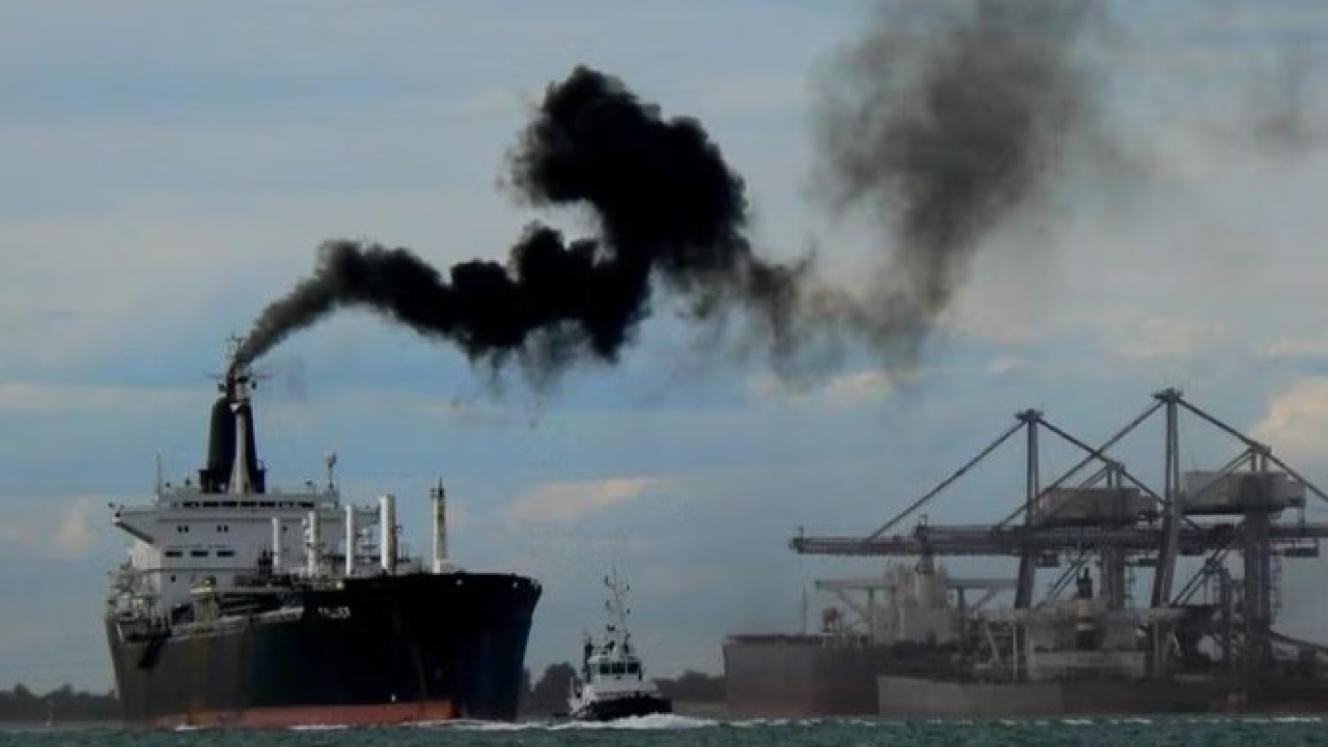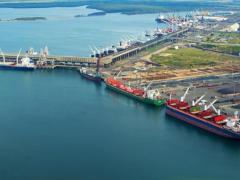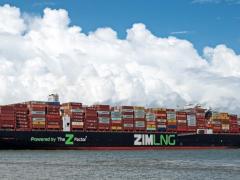With next week’s IMO Green Summit looming, the global shipping industry is under the spotlight over greenhouse gas (GHG) emissions, and many in the trade are urging swift, binding action.
Industry voices are calling for clear global fuel standards and a robust greenhouse gas levy, arguing that these are essential to curb the vessel sector’s climate footprint.
The International Maritime Organization has drafted a Net-Zero Framework that combines mandatory emission limits with a GHG pricing mechanism. The plan targets ocean-going ships above 5 000 gross tonnage – which account for around 85% of shipping’s CO₂ output – and is expected to be formally adopted at the Summit, with enforcement beginning in 2027.
The proposals set a goal of net-zero emissions by roughly 2050, with interim targets including a 40% cut in carbon intensity by 2030 and 5-10 % use of zero- or near-zero-emission fuels by that year.
Voices within the industry are speaking out. Mark Bell, General Manager and COO of the SGMF (an NGO promoting gas as a marine fuel), told Seatrade Maritime News: “From what I’ve heard … it’s going to be a vote, yes or no, and it’s going to pass, so it’s going to open the playing fields as to what will happen. So, the floodgates will open.”
Meanwhile, Maersk has cautioned that a trading-credit scheme could unintentionally favour LNG over truly low-carbon alternatives. The firm argues that such a scheme might fail to penalise LNG usage sufficiently, undermining efforts to drive adoption of greener fuels.
Support also comes from across the shipping community: nearly 200 companies have voiced backing for the first global emissions fee under the IMO framework, despite political resistance from the US.
Opposition is not negligible. The US has formally rejected the Net-Zero Framework, warning that the measures would impose undue burdens on its shipping and consumer sectors – even threatening retaliatory action against states that support it.
Proponents of the framework, however, insist that global cooperation is vital. They stress the need for a level playing field and a just transition, especially to support developing nations adopting greener maritime technology.
At the Summit, key topics will include finalising global fuel standards, enforcing a greenhouse gas levy, and revising the Carbon Intensity Indicator to steer efficiency gains.
Analysts note that shipping is responsible for about 3% of global GHG emissions, placing it on a par with some major industrial nations. The Summit is widely viewed as a make-or-break moment: the industry must demonstrate credible climate ambition while balancing fairness and practical constraints.
In short, the IMO Green Summit is shaping up as a pivotal juncture – one in which the international shipping sector will either commit to aggressive decarbonisation or risk falling short of global climate expectations.













